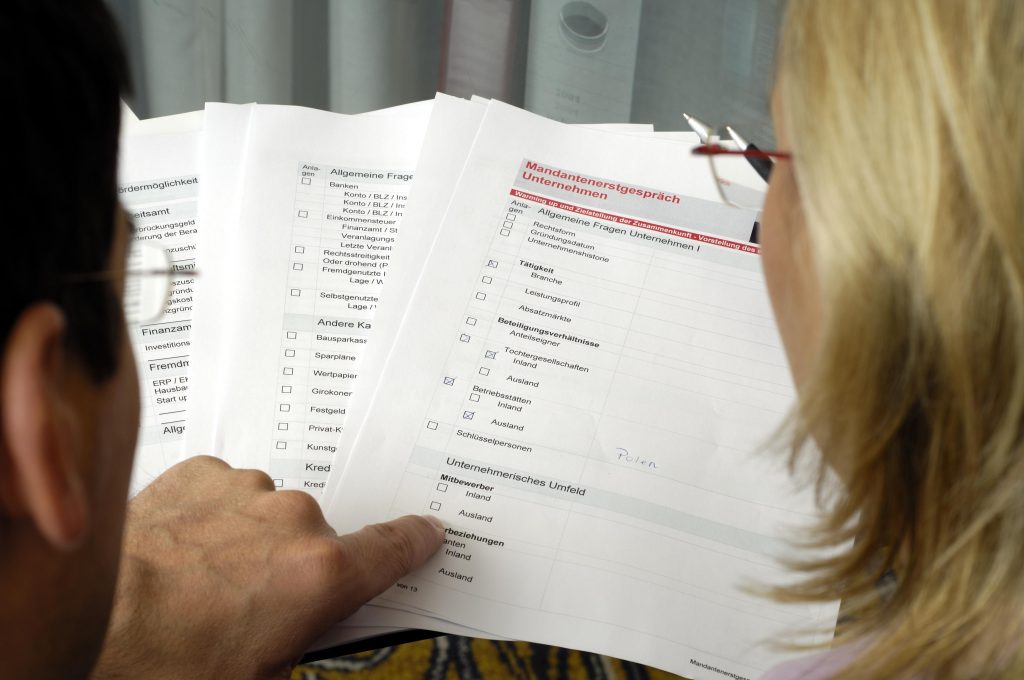Amendments to the Law on Employment relating to one-time compensations to highly qualified employees from the shortage occupation list and companies employing them came into force on July 1st, 2022. These compensations are designed to attract employees from abroad and cover at least a part of their recruitment and relocation costs to Lithuania.
Conditions for employee
Such one-time compensations will only be granted under certain conditions. Any highly qualified employee who relocated to Lithuania with the intention to work and is looking to get compensated for the relocation costs must first meet the following criteria:
- it is currently considered a permanent resident of Lithuania and it has not been considered a permanent resident of Lithuania for at least 5 years before that,
- it has concluded an employment contract of an indefinite period for the performance of work in the territory of Lithuania (also applies to remote-work),
- employee’s occupation is included in the list of professions that require high professional qualifications and for which there is a shortage of employees in Lithuania (biotechnology, engineering, information technology and physical sciences occupations are predominant on the list),
- it has an average monthly salary of at least 4.1 times the minimum monthly salary in Lithuania over a 6-month period, or at least the average gross monthly salary of all the employees of the employer hiring him/her if this salary is higher.
Any employee from Ukraine will also be eligible for this compensation – under facilitated conditions:
- it is considered a permanent resident of Lithuania from the year 2022 or later,
- it has concluded an employment contract of an indefinite period for the performance of work in the territory of Lithuania,
- it has an average monthly salary of at least 2.4 times the minimum monthly salary in Lithuania over a 3-month period.
Conditions for employer
An employer looking to get compensated for highly-qualified foreigner recruiting costs, must also meet certain conditions:
- it is not bankrupt, in liquidation or subject to international financial sanctions,
- is not indebted to its employees, to the State budget of the Republic of Lithuania or to the budget of the State Social Insurance Fund,
- it has not outstanding contractual obligations to the Employment Service,
- it’s responsible person has not been subject to a fine imposed for the offences referred to in Articles 56, 57 and 58 of the Employment Law, and/or to an administrative penalty imposed under the Code of Administrative Offences for illegal work, or has not had more than one administrative penalty for breaches of Labour Law, occupational safety and health legislation, etc. in the last one year,
- it is not a budgetary institution,
- the employed foreigner meets the criteria listed above and has not been an employee of this employer or an enterprise linked to this employer for at least the 5 preceding calendar years before starting to work in Lithuania.
Compensations
Highly skilled employees will be eligible to a compensation of 4,1 time the minimum monthly salary (2 993 euros), which is supposed to cover at least part of the relocation costs to Lithuania, while employers – 7,2 times the minimum monthly salary (5 256 euros) for the costs of recruiting highly skilled workers from abroad.
To be granted this compensation, employees will have to apply to the Employment Service no earlier than 6 months and no later than 2 years after the start of their employment in Lithuania, while those relocating from Ukraine – no earlier than 3 months and no later than 2 years after the start of their employment in Lithuania. Employers will have to apply no earlier than 12 months and no later than 2 years after the start of their employment contract.
If you are an employee or an organisation and are considering applying for such compensation, you can contact ECOVIS ProventusLaw employment law specialists for further assistance or advice on relocation and compensation questions.
Prepared by Brigida Bacienė, head of employment practice of ECOVIS ProventusLaw, and Gabija Bacevičiūtė, junior lawyer of ECOVIS ProventusLaw.


 Newsletter Subscription
Newsletter Subscription